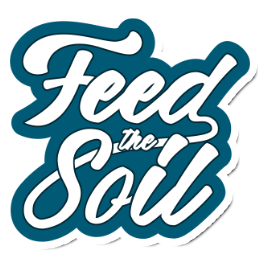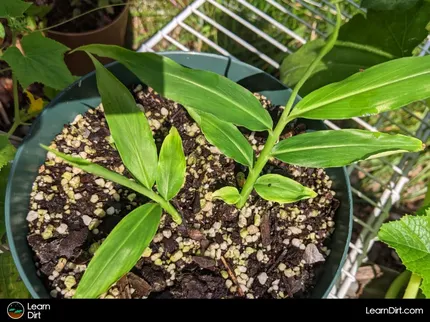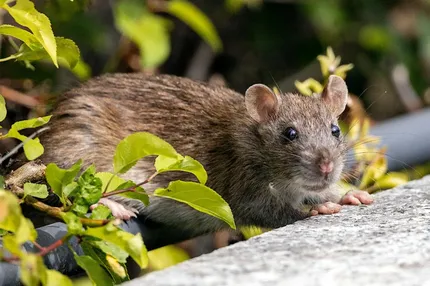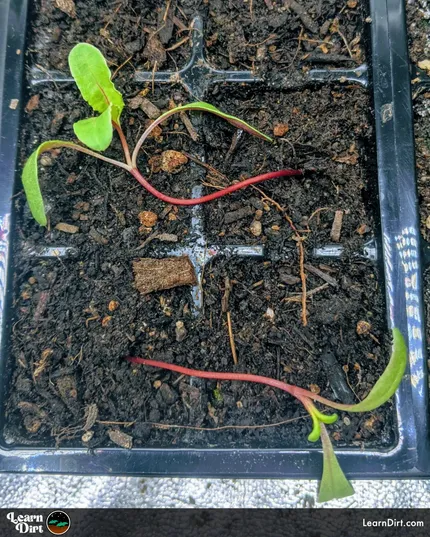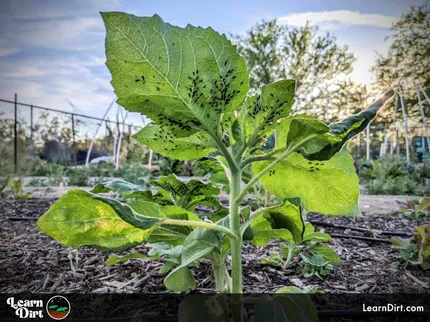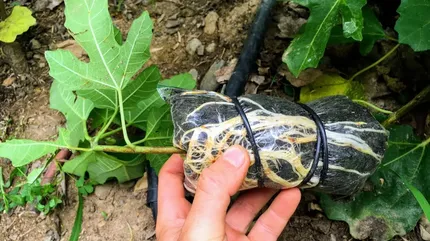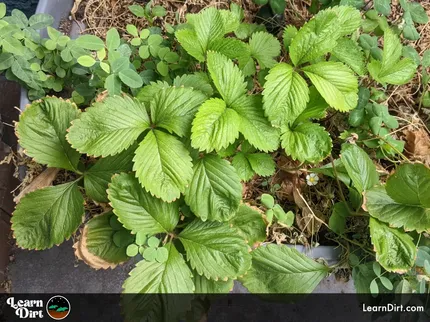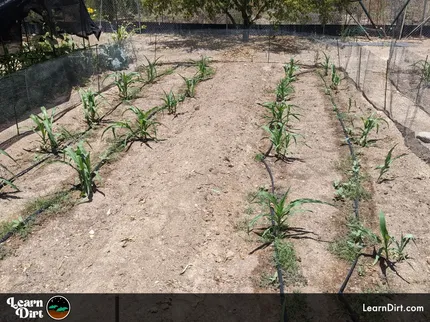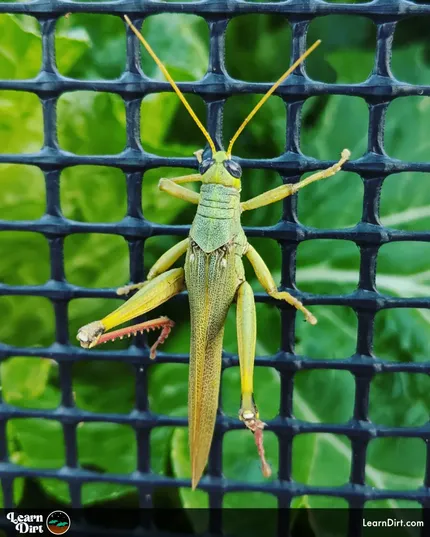Table of Contents
* Our articles never contain AI-generated slop *
with the amount of information instantly available at our fingertips today, and the ease with which we can find all sorts of facts, tips, tricks, and advice from others, we need to be careful not to fall into the fallacy that everything can be looked up - and that running our own experiments is not still a critical part of gardening in the information age.
In truth, there are so many variables at play in your own unique garden situation, that no information you find online will be 100% accurate in your garden with your soil and your microclimate and your unique conditions within your local ecosystem.
Information from any of your favorite Garden influencers, or from AI, or from websites like this one will always come with some baked in situational bias from the perspective of the creator in their own unique situation that is different from yours.
Disclaimer: This post may contain affiliate links. Refer to the privacy policy for more information.
this means that while general advice, tips, tricks, facts, and specially concepts and technical understanding which you can glean from other gardeners are all beneficial and important to your growth and understanding, because your conditions and environment will never be an exact match to anyone else's, fundamentally you must always fall back to experimentation as the ultimate source of truth in your own garden.
This can be seen as frustrating to never be able to know anything for certain about the way your garden ecology will act, but I'd urge you to take on the perspective that this is actually empowering.
That experimentation being the bedrock of truth and understanding in your garden puts back the sovereignty of knowledge into your own hands and allows you to key in on exactly what works for you without the need to rely on those outside of yourself for the answers.
Here at Learn Dirt we try to encourage an experimental mindset for gardening where what works for you is always more important than what someone on the internet said would work.
a garden is a complex system. see our article on systems thinking to fully understand the repercussions of this. in short, everything relies on everything else in delicate balance, and it is your job as the gardener to Shepherd your garden ecosystem, to maintain balance, and to integrate your small man-made ecosystem into the larger local ecology with which your garden intersects.
There are so many moving pieces - cycling nutrients, pollinating plants, balancing pressures, transforming matter, drinking, breathing, blossoming.
Join The Grower's Community
Your space to connect, learn, and belong 🌱
Check It Out!
No matter how much technical knowledge and scientific understanding you can gather, Garden ecology will always be too large and complex of a thing for you to fully understand. they say that there are more microorganisms in a teaspoon of soil than there are grains of sand on all the beaches in all the world. they also say that we've only identified about 2% of those creatures. most of what happens in soil is completely unknown to us still, despite all our scientific advancement and study we still cannot grasp a mere fraction of an understanding of a complex ecosystem.
this is, in fact, a great thing because it means we do not need to understand untold numbers of delicately balanced factors, we simply need to be experimental enough to find what works.
To delve into the practical steps for experimentation, check out our article How to Perform Garden Experiments.
That's all for now, thanks for reading!
If you have any questions, comments, or would like to connect with fellow gardeners, head on over to the forum and post there.
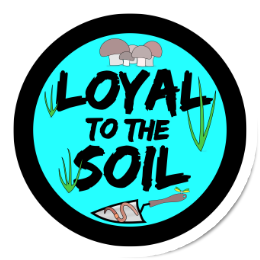
![Don't Till Away Your Carbon [Neon]](/media/product_images/dont-till-away-your-carbon-[neon]_shirt_260x260.png)
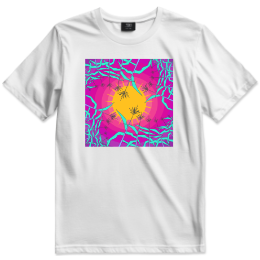
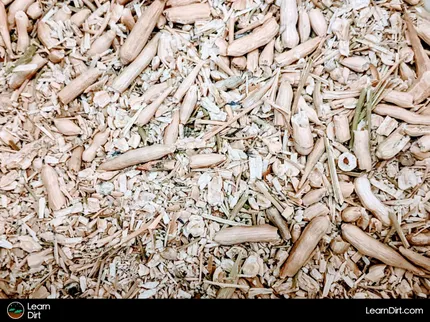

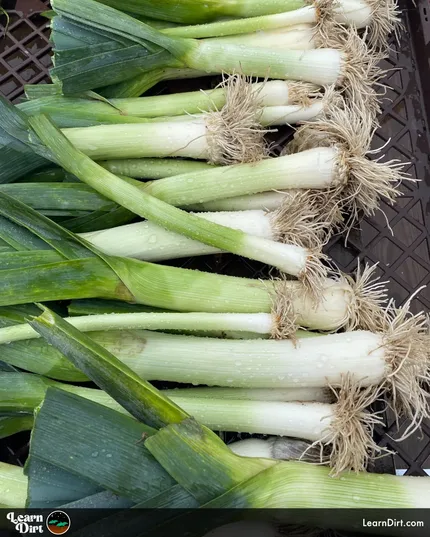
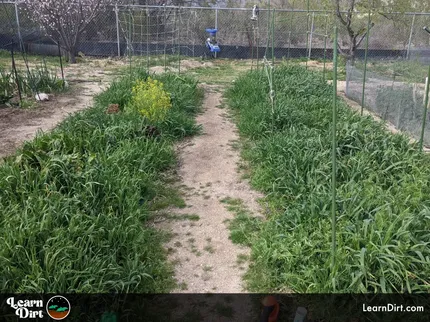
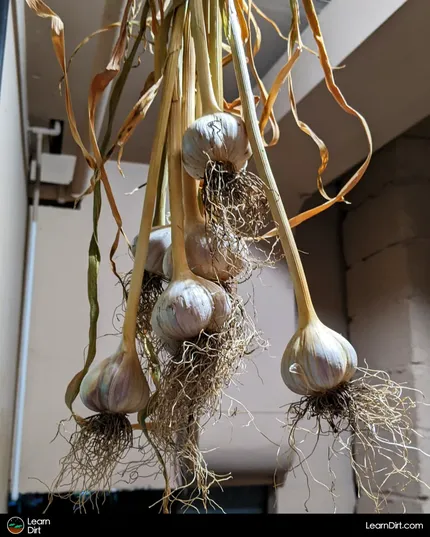
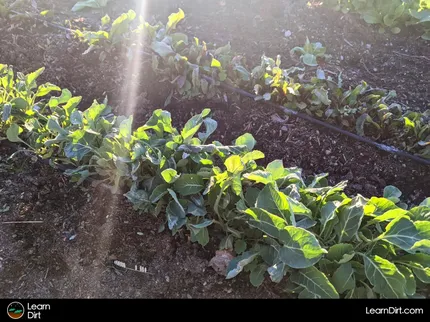
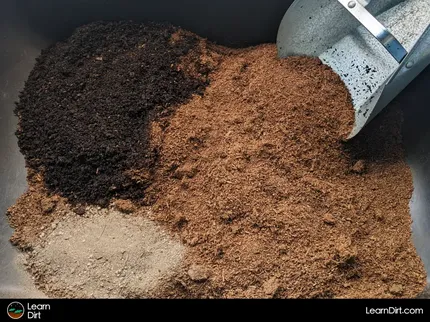
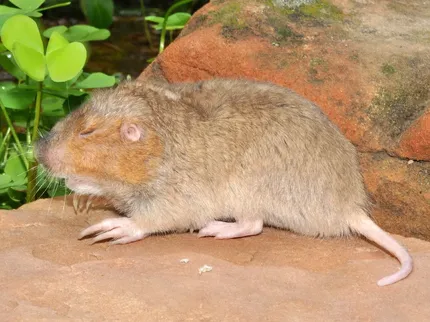
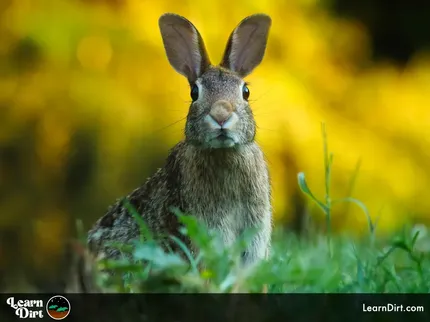
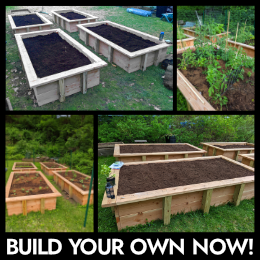
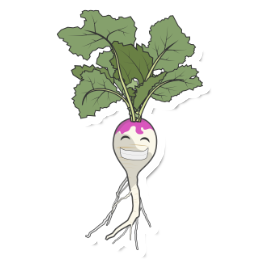
![Black Dirt Live Again [Blue] Sticker](/media/product_images/black-dirt-live-again-[blue]_sticker_260x260.png)
